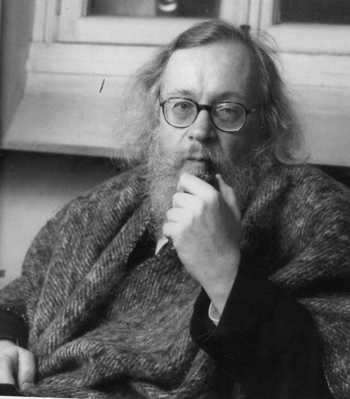From Kris: "Let me know your thoughts, in their uncombed version, following our last conversation. We were trying to make connections between the notions of birth/rebirth of an artistic phenomenon, prescription/restriction and freedom, the site of meeting others in the sense of a meaning-making process, scandal, expectations, knowledge, way of seeing history of art from the place of a new work."
This is my response:
I think most of our conversation sprung from the idea of an eternal beauty. Is beauty objective? My first answer was no, but later we decided that if beauty can't be in any way objectively defined, then what is the point? If everything is subjective, then nothing has meaning and we didn't really like that idea. Of course, I think we only don't like that idea because it undermines all of our work. That doesn't really have any bearing on whether or not it's true.
So despite the fact that we cannot define beauty, I know when I find something beautiful. We know this phenomenon to be real. Is this feeling something conditioned in me by my upbringing? This lends itself to the idea that prescriptive restrictions on art are what give it meaning. The French Academy felt that a certain type of theater was ideal--for them, at that time. It had meaning for them. A play that I find beautiful--let's take Sarah Kane's Crave--would have certainly been considered meaningless, and so unfit for the stage by the French Academy. Is a piece of art's beauty related to it's meaning? And, in that case, beauty is subject to time and space. Maybe beauty is not subjective per se, but infinite: defined different in every single moment in time.
I asked you if you thought that a piece of art should always say something new. You said that everything has already been said. But this is not physically possible. Everything we do/create draws upon the whole of human history and then adds to it. Even in the act of repeating something that has been said, you are saying something new. You are adding to the number of people who have said it. At one time is was a new idea to say that the Earth is round. When one man said it, it was a new idea. When a hundred people said it, it changed the idea. It made it more credible. With each additional person who said it, the impact of the individual upon the idea became less and less (the idea being more widely accepted, a part of reality). Now the effect of someone saying that the Earth is round is imperceptible--It has nearly no meaning, but it is there. It never completely stops.
So, I think it's not a matter of doing something "new" but something significant. Something that has meaning here and now, even if it has been done a hundred times before. The work will always, inherently, be new. However as we repeat forms and matter in trends, they have less and less impact. But we see forms come and go, affecting their impact. Music, for example. Lets say a certain style of music develops as a response to social condition. At it's conception it has an effect on the social condition. As time passes, eventually the form loses it's effectiveness or the conditions change. A new form is needed. However, many years later this old form may be recalled for a new cause. While the form is not "new," it's history gives it a richer meaning and can make it even more effective.
As for the idea of scandal, I think this has to do with the part of us that resists change. It's no surprise that human beings search for stability, for some eternal truth we can count on (look at us, trying to pin down beauty!) to help us make sense of our existence. Therefore, once something has been established as true (or appropriate or good or right) there is a tendency to cling to that idea. The more widely accepted it is, the more stable it is: the more comfortable we get in our belief that we understand the world. We start calling our beliefs rules. we write books about the rules so that other people can learn the rules and live by them.
I, as an artist, need to resist. I need to create work that questions these most ingrained rules, the ones that are the hardest to budge. I need to scare people into questioning for themselves if what they've been taught is still true. Therein lies the scandal. By posing these questions, you undermine the audience's beliefs: that by which they judge the significance their own existence. No one wants to do that. It's terrifying!
Sunday, February 7, 2010
Subscribe to:
Post Comments (Atom)

No comments:
Post a Comment